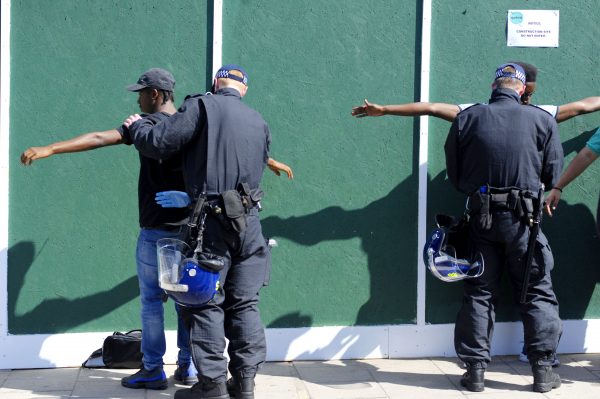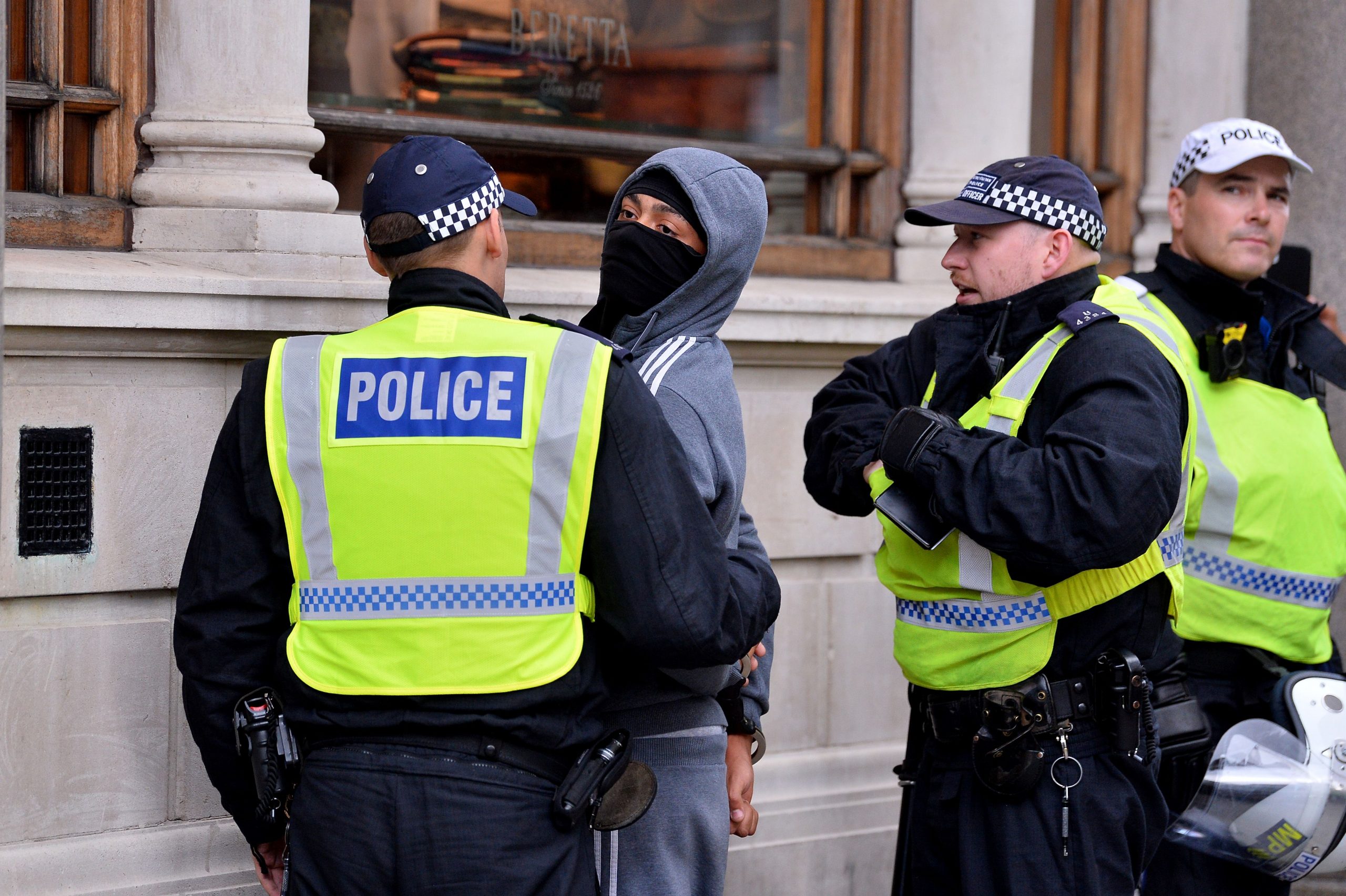A Kingston University criminology lecturer has shared his concern about a new stop and search app designed to deescalate conflict between police and the community in London.
The app, Legal Lifelines, was designed by a criminal lawyer in an effort to reduce police brutality during stop and search interactions in London.
It allows users to record the interaction with the police and upload the footage to the cloud using military-grade encryption.
But not everyone is convinced the app is a good idea or that it will help improve relations between the police and the community.
Dr Francis Dodsworth, a senior lecturer in criminology at Kingston University, said: “If it felt necessary by somebody in that kind of context [to create the app], I find that worrying and the police should be worried by it as well.”
According to statistics provided by the Metropolitan Police, black people are almost 10 times as likely to be searched by the police as white people, which is one of the reasons why Michael Herford, founder of the app, launched it.
He said: “I do think that black people more often have experienced the police force rather than the police service. I’ve been stopped maybe four or five times, and during one of the interactions they (the police) came in so hard and so aggressively that I was left very shaken and swearing.”

The lawyer’s app provides you with a unique PIN code after downloading it, which prevents anyone else from accessing your videos. This would prevent police officers from stopping the recording and deleting potential evidence which could be used in a court of law.
The app also allows people to have direct contact with a lawyer from a top-ranked firm and lawyers who specialise in criminal law.
Dr Dodsworth agreed that the footage provided by the app could help with evidence in courts later on, yet he believes the act of filming could cause additional problem in these situations.
He said: “I can imagine that some police officers will respond pretty negatively to being filmed, and that could increase tensions in the moment as well.”
According to the lecturer, the police rely on public support for crime solving. However, he felt that with this app, the relationship between the authorities and the public could deteriorate.
“The idea that different sections of the population feel they need protecting from the police is the kind of thing that’s very troubling. It just shows how far trust has broken down between the police and certain communities.”

According to Mr Herford, the Met Police’s body-worn cameras are most of the time switched off, meaning that vital evidence regarding stop and search interactions is being lost. The app would help victims of police brutality to present the video evidence provided by the Legal Lifelines in court.
He said: “If the George Floyd incident hadn’t been recorded, he probably would have been accused of resisting the police. This app is all about empowering you and everyone else in the community to have access to your own body camera should you wish to protect yourself against anything that might happen.”
Dr Dodsworth said that the stop and search issue in London has been an unresolved wider societal issue for over ten years.
He said: “One of the solutions always put forward is to have a more representative police force in London. I think that would be great and a really important first step, but it is only the first step.”

